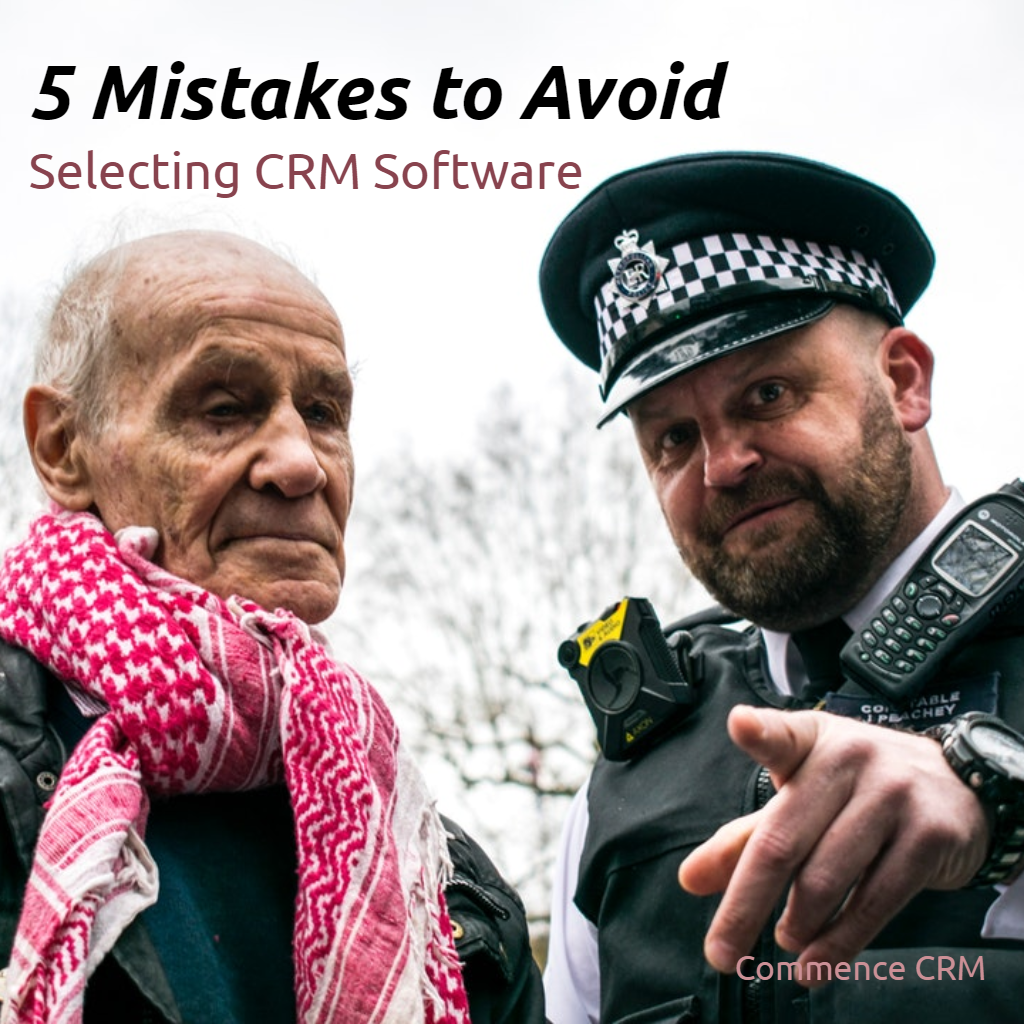Most small business executives view CRM software as a commodity product and it is easy to understand why. Today, there are several hundred solution providers that cater to the small business community. They all offer the same basic functionality for managing accounts and contacts, activities, notes, e-mail and in some cases a sales forecast. In fact, the market has become so competitive that it has created what is often referred to as a “race to the bottom” whereby every time a new competitor enters the market they believe that the best way to attain new customers is by being the lowest cost.
Well this has worked, at least for the consumer, because there are many solution providers that now offer a version of their product for free. Some offer it free for 2 or 3 users, some 5 users and some even more. While small businesses may be enjoying this, I am not sure they appreciate the impact this has had on the sector and what it means for their business. CRM solution providers have realized that providing software for free or for a few dollars a month is not a sustainable business.
Some have gone under or merged with larger organizations while others have changed their business model to remove the human cost associated with acquiring a new customer. Free trials have now taken the place of personal demonstrations. There is no contract to sign anymore, instead you enter your credit card over the internet and pay month to month. Customization is very limited and product training is offered via free videos. Perhaps the biggest change is that customer service (whether you require some advice and counsel or just need your questions answered) is by e-mail only and may take 24-48 hours to get a reply.
While this doesn’t sound all that bad let’s not forget that we are talking about Customer Relationship Management which requires human intervention to be successful. Industry analysts have reported that the failure rate of CRM implementations among the small business community has reached a whopping 73 percent. This is clearly the result of the lack of human intervention that ensures the proper implementation, use and support of CRM software. So, who is the winner in this environment? Certainly not the consumer and not the CRM vendor either.
Every business large or small wants to improve how they market, sell, and provide service to their customers. But small businesses struggle in these areas because top level sales, marketing, and customer service personnel are hard to find and too expensive to hire. As such, small businesses need to depend on the skill set of the CRM solution provider to deliver this expertise coupled with their software so that they can realize the maximum value from the product. If the solution provider is unable to provide this value-added service, then all you are buying is a low-cost or free piece of software that in most cases will fail to get implemented and properly used. But it doesn’t have to be that way.
While the majority of CRM solution providers that cater to the small business community are unable to provide sales, marketing and customer service expertise there are a few companies that offer very good affordable solutions coupled with this level of service. One of these companies is Commence Corporation, manufacturers of Commence CRM. Commence offers comprehensive functionality supported by a team of sales, marketing, and customer service professionals with more than 15 years of experience in these areas. It’s what differentiates Commence and ensures that the CRM system gets properly implemented, your staff gets trained by professional trainers, and that you realize the maximum value from the CRM solution. Learn more about Commence CRM at www.commence.com.
source http://www.commence.com/blog/2018/05/21/small-businesses-should-not-view-crm-as-commodity/






